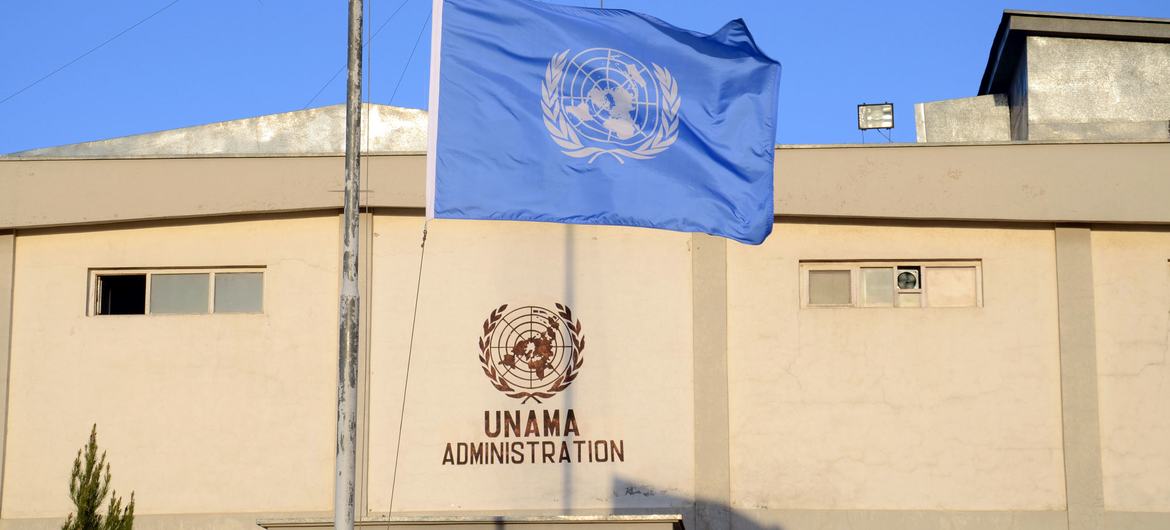A recent public execution in Gardez, Paktya province, has drawn condemnation from international human rights bodies, calling it a “clear violation of human rights.” The incident, which underscores the Taliban’s return to severe punitive measures, is the latest in a series of actions raising alarm worldwide.

The reintroduction of public executions and other corporal punishments since the Taliban regained control in August 2021 has heightened international concerns over Afghanistan’s human rights trajectory. Despite widespread calls from the global community to uphold basic human rights, the Taliban authorities have resumed practices that were long abolished under previous Afghan governments. These actions signal a disturbing trend of rights violations, according to UN Special Rapporteur Richard Bennett, who monitors human rights in Afghanistan.
“I condemn today’s horrific public execution,” Bennett stated on social media, denouncing the event as a fundamental violation of human rights. He further called for an immediate halt to these “atrocious punishments.”
The UN Assistance Mission in Afghanistan (UNAMA) expressed grave concern, emphasizing that public executions breach Afghanistan’s commitments to international human rights standards. In a statement, UNAMA urged the de facto Taliban authorities to implement an “immediate moratorium on all executions with a view to abolishing the death penalty.” The Mission also highlighted the necessity of fair trial procedures, including access to legal representation, as a minimum standard for due process.
Since 2021, the Taliban have issued over 70 restrictive edicts affecting various aspects of Afghan life, including women’s rights, education, and freedom of movement. Women face especially harsh limitations, including a ban on secondary and higher education, exclusion from many professions, and restrictions on entering public spaces like parks and gyms. Sima Bahous, Executive Director of UN Women, described the situation to the UN Security Council, stating that Afghan women live in constant fear of these oppressive policies and their unpredictable enforcement.
UN Special Representative in Afghanistan, Roza Otunbayeva, reported that while the Taliban have brought some stability to the country, their actions are “exacerbating this crisis” by neglecting the fundamental needs and rights of the Afghan people.
Follow Daryo's official Instagram and Twitter pages to keep current on world news.
Comments (0)